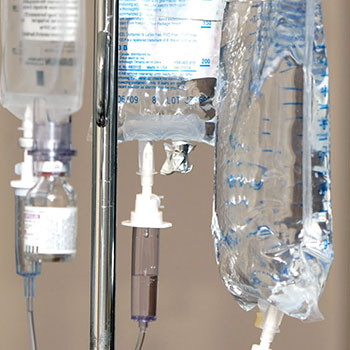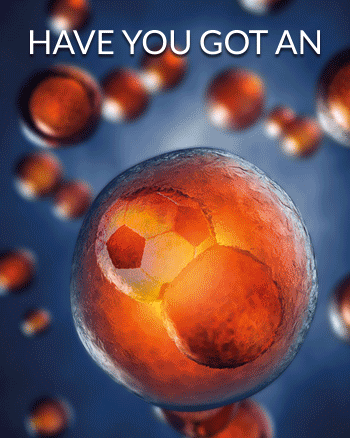Keywords
Intravenous human immunoglobulins, refractory fulminant systemic lupus erythematosus
Abstract
The use of human intravenous immunoglobulins (IVIg) in systemic lupus erythematosus (SLE) currently relies on evidence from small case series and is mainly regarded as an off-label strategy in cases that are refractory to conventional therapies or poorly controlled with high doses of corticosteroids. Standard dosage regimens typically entail the administration of a total amount of 2 g/kg of IVIg divided into five consecutive days in order to minimize the risk of severe adverse events. We herein describe the case of a 28-year-old woman with a known history of antiphospholipid syndrome (APS) who was admitted to our hospital following fulminant onset of SLE in spite of ongoing immunosuppressive therapy. Acute renal insufficiency with nephrotic-range proteinuria, central nervous system involvement, severe thrombocytopenia, malar rash, pancreatic injury and moderate-severe aortic valve steno-insufficiency were the most prominent clinical manifestations, along with high titres of anti-dsDNA antibodies. Pulses of methyl-prednisolone followed by high-dose corticosteroids proved ineffective. Strikingly, IVIg therapy delivered at unconventional doses (1.2 g/kg) due to the presence of multiple risk factors for adverse events resulted in a significant, comprehensive clinical improvement. Although large-scale randomized double-blind studies are needed, the use of IVIg might constitute a valuable therapeutic modality as a last-resort strategy in cases of fulminant SLE. The total dose of immunoglobulins should be dictated by the clinical response as well as the presence of pre-existing risk factors for adverse events.
References

Views: 3616
HTML downloads: 267
PDF downloads: 893
Published:
2018-08-24
Issue:
Vol 5 No 9
(view)










